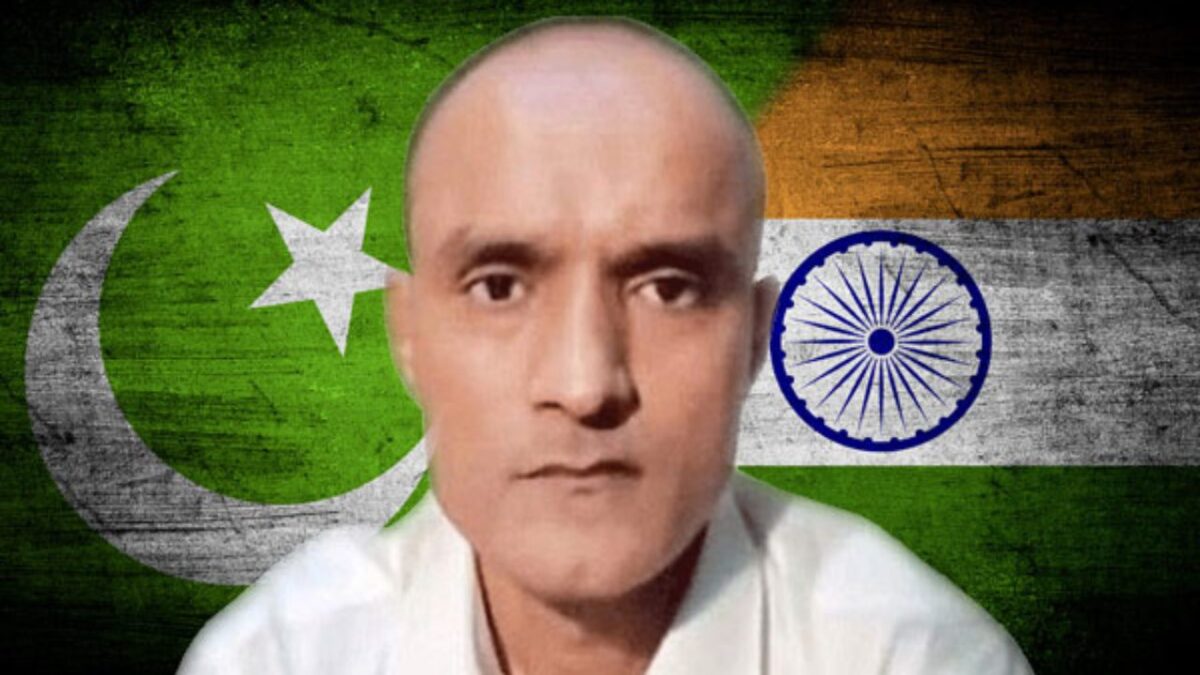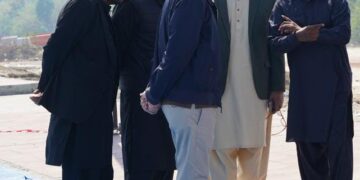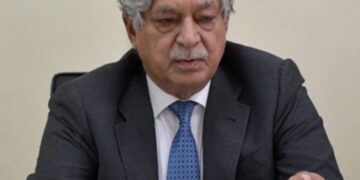Hague: International Court of Justice (ICJ) on Wednesday rejected Indian plea to release and repatriate its convicted spy Kulbhushan Jadhav.
A 15-member full bench of the ICJ read the verdict in the case. The bench included one ad-hoc Pakistani judge and a permanent Indian judge.
Pakistan’s legal team headed by Attorney General for Pakistan Anwar Mansoor Khan was present in the courtroom where the verdict was announced on Wednesday.
ICJ stated that Jadhav conviction can’t be regarded as a violation of the Vienna Convention. ICJ also rejected Indian request to release and repatriate Jadhav.
“As regards India’s claim based on the Vienna Convention, the Court considers that it is not the conviction and sentence of Mr. Jadhav which are to be regarded as a violation of the provisions of the Vienna Convention,” read the verdict.
The ICJ also rejected India’s plea to challenge the verdict that handed over death sentence to Jadhav.
The World Court, however, asked Pakistan on Wednesday to review the death sentence for Indian spy Kulbhushan Jadhav and grant consular access to Jadhav.
The tribunal in The Hague ordered an “effective review and reconsideration of the conviction and sentence of Mr. Kulbhushan Sudhir Jadhav”, according to a document on the court´s website.
Jadhav was arrested back then in 2016 from Balochistan and in his subsequent trial, Jadhav had confessed to carrying out and sponsoring terror activities in Balochistan aimed at sabotaging the flagship China Pakistan Economic Corridor (CPEC).
Jadhav was awarded death penalty in 2017. On 10th of April, 2017, Chief of Army Staff (COAS) General Qamar Javed Bajwa endorsed the verdict of a military tribunal in Jadhav case.
Former chief justice Tassaduq Hussain Jilani is also an ad hoc judge in this case. India’s Dalveer Bhandari, who is a permanent judge, is also a member of the bench.
During the hearing of the case in the international court, India denied Jadhav was a spy and had asked the ICJ to order his release because he was denied consular access and not allowed to choose his own defense lawyer.
Attorney General of Pakistan Anwar Mansoor Khan had, in turn, argued that Jadhav was an Indian spy sent to Balochistan to destabilize the country and therefore not entitled to consular access. He had said that “India’s claim for relief […] must be dismissed.”
On May 18, 2017, the ICJ ordered Pakistan to halt the execution of Jadhav until a final decision was made in the proceedings. The verdict in the case was reserved on 21st of Feb, 2019.
Courtesy – gnn
















